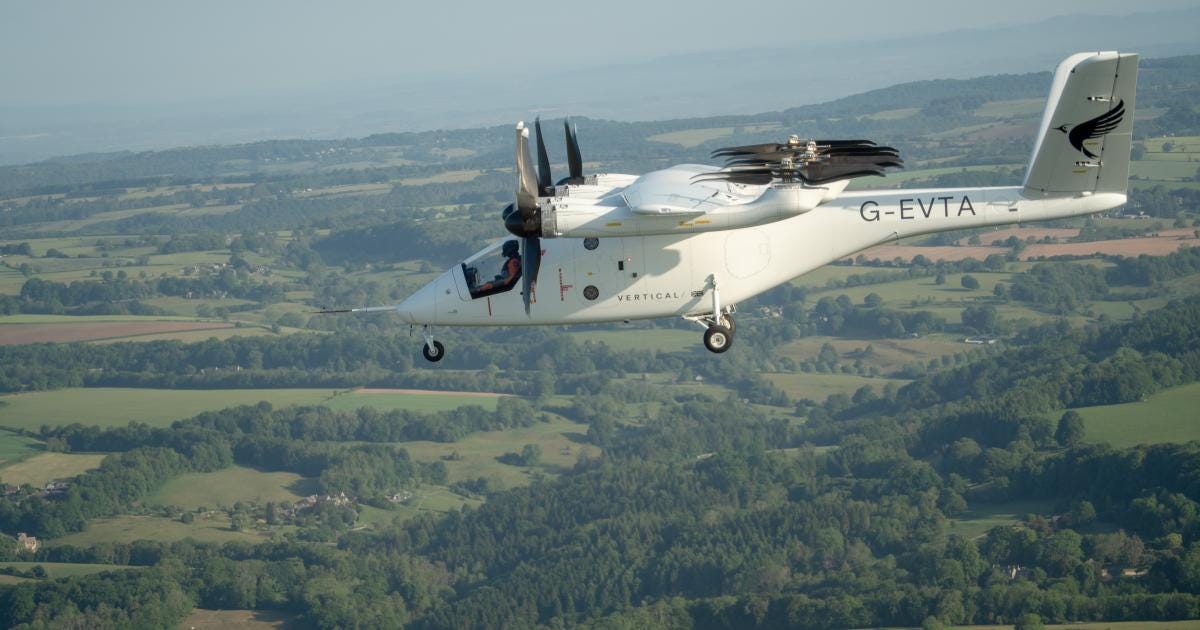#Sustainability20: SABA launches digital platform to connect corporate buyers with SAF certificate providers & more
Weekly Roundup - 30/05/25
Each Friday, we publish a round-up of the 20 most important stories on sustainable aviation. You can see previous editions of #Sustainability20 here.
Industry updates
Sustainable Aviation Buyers Alliance (SABA) has launched SAFc Connect, a platform that lets corporate buyers compare pre-vetted sustainable aviation fuels, cutting procurement time. Members like Amazon can offset emissions via book-and-claim certificates priced at $300–$500 per tonne.
Wizz Air has unveiled a net-zero roadmap targeting emissions cuts via new aircraft, SAF, and air traffic reforms – while warning current efforts fall short and urgent policy and investment shifts are needed.
Newcastle Airport has reported a 4% annual carbon reduction, achieving Level 4 Airport Carbon Accreditation. Its solar farm and electric vehicles have significantly cut emissions, with recycling rates now at 40%.
The EU’s aviation director has affirmed that SAF mandates under ReFuelEU will remain despite airline concerns over biofuel shortages.
ACI World and Cranfield University have launched a course to train airport leaders in net-zero strategies. The programme covers sustainability, operational innovation, and resilience amid aviation’s climate challenges.
CLIMATE WATCH: Almost 40% of world’s glaciers already doomed due to climate crisis – study - The Guardian
A study warns 39% of glaciers are already doomed to melt, rising to 75% if global heating hits 2.7°C. Each fraction of a degree avoided could save trillions of tonnes of ice.
Infrastructure and operational efficiencies
Kuehne+Nagel has partnered with Natilus to assess blended-wing aircraft for freight operations. The design promises 30% lower fuel use and 40% higher payload capacity, potentially cutting logistics emissions.
Manchester Airports Group aims to inspire 70,000 young people with a sustainability strategy linking careers to net-zero goals. Initiatives include education programmes and partnerships to diversify aviation talent.
Sustainable Aviation Fuel (SAF)
Boeing has invested $17.48 million in Canadian projects that convert sawmill waste and CO2 into SAF. The funding supports its industrial commitments under a Canadian defence contract.
4AIR’s interactive map now lists over 100 global SAF locations, aiding operators in sourcing sustainable fuel. The registry helps track usage and verify emissions reductions for compliance.
A US energy bill promoting crop-based SAF risks increasing emissions by ignoring land-use impacts. Critics argue the policy favours agricultural lobbies over genuine climate solutions.
Indonesia’s Pertamina is scaling up its used cooking oil-to-SAF project after successful flight tests. The initiative aims to bolster low-carbon energy and reduce aviation emissions.
Honeywell will acquire Johnson Matthey’s Catalyst Technologies for £1.8 billion to expand sustainable fuel solutions. The deal enhances offerings for SAF, hydrogen, and ammonia production.
UK scientists have conducted pioneering flight tests comparing SAF and conventional jet fuel emissions, aiming to measure non-CO2 impacts such as air quality and contrail formation.
New technology: Electric and Hydrogen
US researchers have developed a liquid hydrogen system that improves both storage and cooling for aircraft, marking a step toward practical, zero-emission hydrogen-powered flight.
Vertical Aerospace has completed piloted wingborne flights for its VX4 eVTOL, a step toward certification. The trials validated performance ahead of planned transition flights later this year.
MIT has developed a sodium-air fuel cell with triple lithium-ion’s energy density, targeting regional electric aviation. The tech promises safer, refillable power for short-haul flights.
AMSL Aero has tested hydrogen fuel cells for its Vertiia eVTOL, aiming for 1,000 km zero-emission flights. The project advances Australia’s green aviation ambitions ahead of the 2032 Olympics.
Joby Aviation’s shares surged after receiving $250 million from Toyota to scale eVTOL production. The investment supports certification and commercialisation of its electric air taxis.
Beta Technologies showcased its Alia CX300 electric aircraft in Ireland en route to Norway. The tour demonstrates the aircraft’s potential for European advanced air mobility.
Explorer Bertrand Piccard plans a 2028 hydrogen-powered nonstop global flight. The mission builds on his solar aviation legacy to promote zero-emission technologies.







